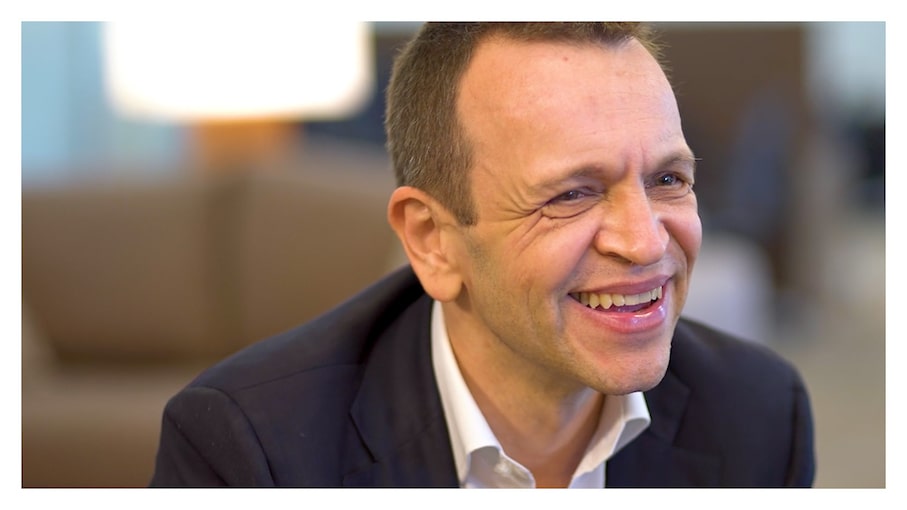The turnaround king
How Rodrigo Abreu broke boundaries to
transform Oi Brazil – and redefined what
a telecoms firm can be in the process

It’s fair to say Rodrigo Abreu likes a challenge. It’s what led to him starting his journey with technology using a Brazilian version of the Apple II computer as a child in Sao Paolo. It took him all the way to Stanford to get his MBA. And it certainly explains why he took on the biggest challenge of his career, brought in to lead Brazil’s biggest fixed-line telecommunications operator and fourth largest mobile provider from crisis to prosperity.
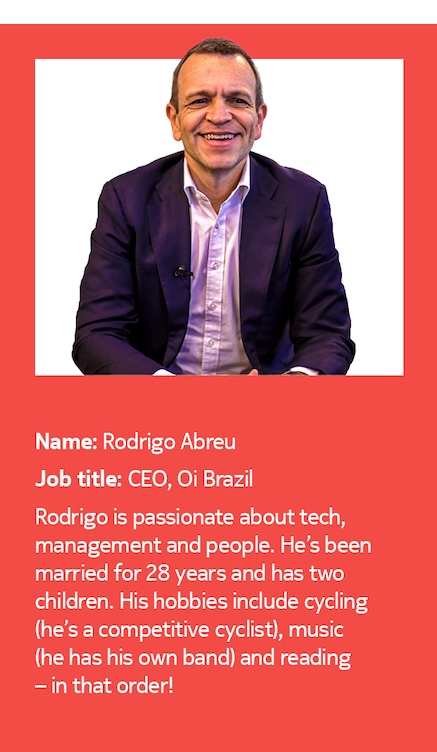
A passion for transformation
Throughout his career, Abreu has found it particularly fulfilling to turn around the fortunes of ailing organizations. “I always liked transformation challenges, both creating new things as well as doing turnarounds,” Abreu says. It’s no coincidence that one of the business leaders he most admires is Louis Gerstner, legendary ex-CEO of IBM, who argued that transforming a giant is a greater challenge than creating something new.
One such transformation took place at the mobile operator TIM, a company in the midst of a confidence crisis when Abreu joined as CEO. He helped TIM resume sales growth, while positioning the organization to be Brazil’s leader in 4G. But although Abreu’s experience revamping TIM’s strategy was invaluable, its predicament was nothing compared to that of Oi Brazil when he took over as CEO in 2020.
A national giant in need of reawakening
In 2016, Oi Brazil filed for bankruptcy protection – the largest ever Brazilian company to do so. Abreu joined as a board member in late 2018 before becoming CEO barely a year later, tasked with leading Oi back from the brink.
Although Oi’s financial issues were largely a result of the worst recession seen in Brazil for nearly a century, it had also struggled to adapt to a changing landscape and greater competition in the mobile and data marketplace. Abreu explains that Oi “became one of the largest companies in Brazil, but it got riddled with debt and for a number of different circumstances had to go under bankruptcy protection. But it is one of the largest infrastructure companies in Brazil, and extremely critical for the country.”
Abreu didn’t just feel a sense of duty to his employers. He believed the success or failure of his decisions would affect Brazil as a country. He saw this as an inspiration, rather than added pressure. “Obviously for me it is by far the largest transformation I have ever been involved with,” says Abreu, “but it’s an interesting transformation for the country as well. We really believe that a strong Oi that has recovered can have a significant positive effect on the country.”
Big problems need big solutions
Abreu knew the size of the challenge ahead. “We realized that if we wanted to do everything for everybody everywhere, exactly the same as we have been doing before, the outcome could not be different”, he explains. Oi’s debt meant that Abreu had to think carefully about its priorities going forward. The first thing he considered were the twin elements of Brazil’s “third revolution of connectivity”, 5G and fiber. He soon concluded that Oi’s financial constraints meant “it would be impossible for us to invest in both sides of the opportunity.”
A difficult decision needed to be made.
He who dares…
Abreu hit upon an idea which, while seemingly unthinkable for a well-known mobile operator, he believed could lead Oi towards a brighter, more sustainable future.
A mobile operator without a network?
“When we looked at fiber, we realized we had more assets, and more competitive advantages than on 5G,” Abreu recalls. “We already had over 400,000 km of fiber around the entire country.”
“We realized that we needed to sell some assets and took the decision to sell our mobile operation,” Abreu explains. “We also realized that we needed investments and to sustain this, we designed the structural separation model which basically splits the company into two.”
One side of the revamped company will be the new Oi. According to Abreu, it will be “an asset light, customer-centric company, developing products, services, digital experiences and new adjacent products.” The other side will focus on infrastructure. The infrastructure company – named V.tal – will be a true neutral network, “serving not only Oi but all of the other operators.” Abreu was not afraid to think differently, even if it seemingly meant helping his competitors.
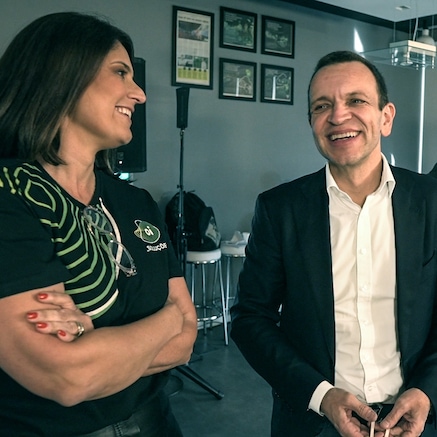
Dividing the tech, uniting the company
An idea as radical as selling an integral part of the company and then allowing your rivals to use your remaining infrastructure would usually be met with resistance – particularly as it would inevitably lead to short-term falls in revenue. But Abreu was convinced it was the right thing to do and was passionate enough to bring others onboard.
“We’re very fortunate to have a supportive board,” he explains. “When I was pitching the idea, I focused on three main reasons why I believe we should be doing this. The first was that our vision of refocusing the company around fiber would need significant investment. And if we were to remain an integrated company, we wouldn’t be able to get all of this investment in place. The second was we have a lot of infrastructure assets on the ground, and by allowing this neutral network to serve all of the operators in Brazil, we will maximize our return on those assets. And third was that we are able to refocus Oi where it matters, which is being a customer-centric company – free of the weight of having to manage the infrastructure and focusing instead on delivering customer value.”
With the board onside, Abreu’s next focus was to ensure his colleagues were too. He did this by making sure he kept them in the loop. “Since early on, we have been transparent with both the leadership team and the entire team. By being transparent we allow people to understand what the rationale is behind our decisions, and they become engaged.”
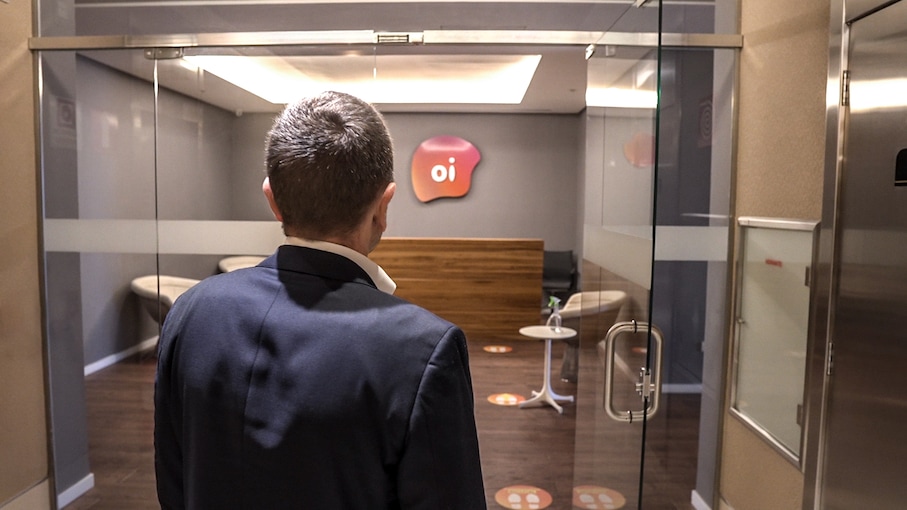
Figure 1: V.Tal InfraCo, predicted EBITDA
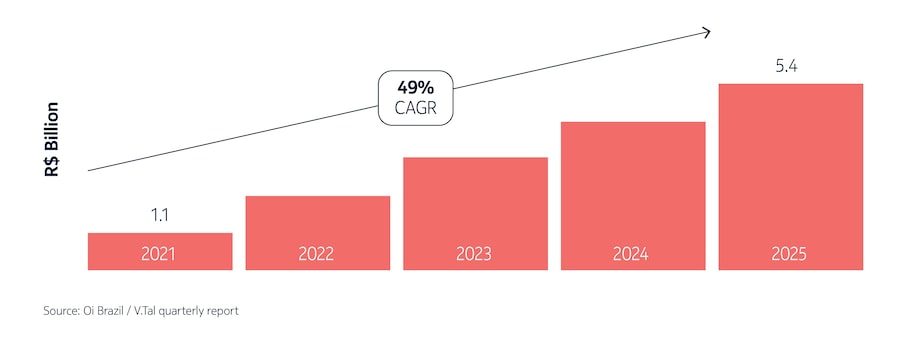
Rodrigo’s 3 steps to transforming an organisation
Step 1.
Be bold, moving forward
“You're not going to achieve a big transformation if you're shy. You need to come up with sometimes even crazy ideas, because normal things won't be able to move you forward in a big transformation.”
Step 2.
Engage your people with clarity
“Have a clear vision and know how to communicate that well. If people don't understand where you're going, it's going to be very hard to help you get there.”
Step 3.
Have a Plan B (and Plan C) ready
“Be resilient. For sure, many things will go wrong. You're not going to be able to stick with your plan A every single time. You must learn that failure will occur, so you have to work around it.“
A better Oi, and a more connected Brazil
Radical ideas count for little in business if they fail to get results. But so far, Abreu’s instincts have proven to be spot on – and Oi can once more look to the future with confidence.
On the right track – but not finished yet
“We were convinced that we had a viable plan, but we needed to generate results even before we return to sustainability,” Abreu explains. Going from zero to over 3,000,000 fiber customers in under two years provides proof that the plan is working. Not that Oi intends to stop there, with Abreu declaring that “our target is getting to the leadership of the fiber space in Brazil, with over 8,000,000 subscribers.” It’s another ambitious goal, but one Abreu is certain is achievable.
As before, Abreu is not just looking to improve Oi’s fortunes, but to improve his country’s infrastructure. “When transforming Oi,” he explains, “we’re allowing the largest communications infrastructure in this country not just to survive but thrive. And that means not only getting there with the connections, but bringing opportunities, additional services, better health care, better education, better financial services inclusion, better energy solutions. We really believe it's a great combination of doing well while doing good.”
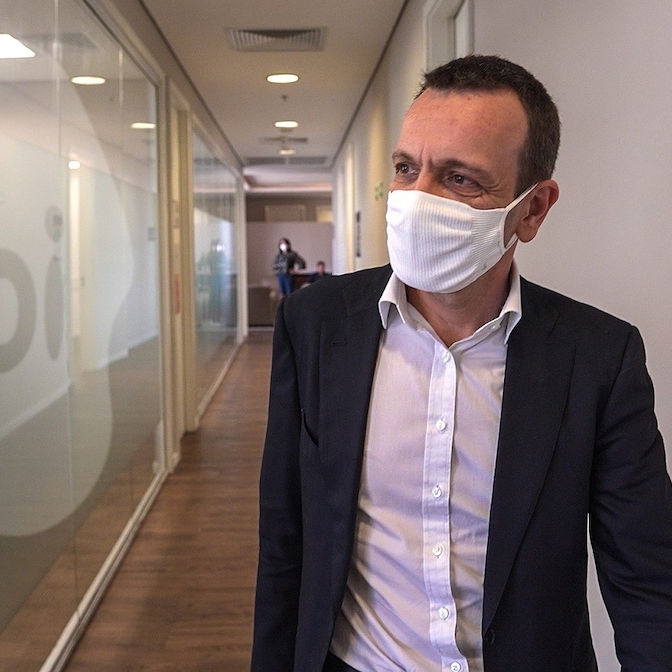
Opportunities for all
So, what’s next for Oi? Apart from a target of becoming a profitable, self-sustaining company again – which Abreu predicts will happen within the next three years – he wants to try to connect the whole of Brazil. “The country has 22 cities with over 1,000,000 inhabitants, and our growth should not be restricted to those large cities. It should go everywhere and should develop opportunities everywhere, and that's what we believe.”
Abreu led the transformation of Oi into a forward-thinking organization, working with partners including Nokia on end-to-end services which go far beyond simply providing connectivity. Next, he wants to transform perceptions. “Telecom operators provide the very backbone of the digital experience, but they're not viewed as digital companies – we want to change that. We really want to change that.” At this stage, who would bet against him?
Break your own boundaries
Connect to Nokia’s solutions
Understand the technology which helped remove the barriers to Rodrigo’s and Oi’s success

Portfolio
Accelerate into Gigabit with fiber
Build fiber networks that never let you or your customers down

Product
7750 Service Router
IP routers for the fiber, 5G and cloud era

Product
Network Services Platform
Automate, manage and control IP and optical networks
Please complete the form below.
The form is loading, please wait...
Thank you. We have received your inquiry. Please continue browsing.
